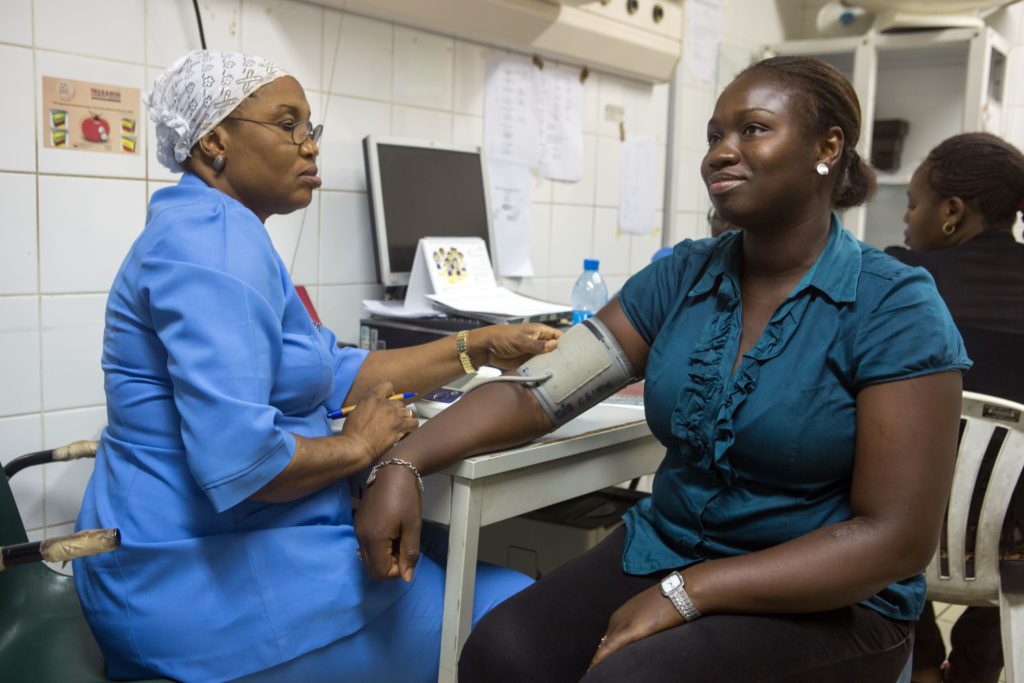Nigeria’s bold move toward a regional system of government marks a transformative step in its journey toward decentralization. Under President Bola Ahmed Tinubu’s administration, this landmark legislation shifts the nation from a highly centralized framework to one where six newly defined geopolitical regions gain greater autonomy. This reform promises to address longstanding challenges, including unequal resource distribution, sluggish local development, and limited regional influence over decision-making. By empowering regions to manage their resources independently, Nigeria is laying the foundation for enhanced governance, economic growth, and national unity.
The new regional governance model grants each region greater control over its economic and social development. This ensures that policies and initiatives are tailored to the unique needs of Nigeria’s diverse communities, fostering a sense of ownership and relevance. For instance, regions rich in natural resources can now directly invest in industries that bolster their economies. In contrast, others can prioritize infrastructure or social programs that align with their specific priorities. This flexibility contrasts sharply with the limitations of one-size-fits-all federal policies, enabling more effective and targeted solutions.
Decentralization also enhances economic efficiency. By allowing regions to retain a higher percentage of their internally generated revenue (IGR), local governments can focus on regional priorities such as infrastructure, education, or healthcare. This financial autonomy reduces dependency on the central government and empowers regions to drive their own development agendas. The result is a more balanced and inclusive economic growth model that benefits all Nigerians, not just those in urban centers or politically favored areas.
Accountability is another cornerstone of this reform. A regional system brings governance closer to the people, reducing bureaucratic bottlenecks and enabling citizens to hold their leaders accountable more effectively. With regional commissions overseeing grassroots development, transparency and good governance are no longer abstract ideals but practical realities. This shift fosters trust between communities and their leaders, creating a governance model that is both responsive and responsible.
Perhaps most significantly, this system has the potential to reduce ethnic and political tensions that have long plagued Nigeria. By decentralizing power and giving regions greater control over their resources, the perception of favoritism by the central government diminishes. Each region can chart its own path, fostering a sense of fairness and inclusion that strengthens national unity. When communities feel empowered rather than marginalized, the seeds of conflict are less likely to take root.
Two years into these reforms, Nigeria is already witnessing the fruits of decentralization. Grassroots development is thriving, with regional commissions driving projects that resonate with local needs. From improved infrastructure to targeted economic initiatives, communities across the country are experiencing the tangible benefits of localized development. This is not just a policy shift, it is a redefinition of Nigeria’s future, one where every region has a voice and a stake in the nation’s progress.
Nigeria is rebounding, not through centralized control, but through the empowerment of its diverse regions. By embracing this regional governance framework, the country is building a stronger, more united, and prosperous future for all its citizens. The journey has just begun, but the promise of a decentralized Nigeria is already inspiring hope and driving change. #NigeriaRebounds
